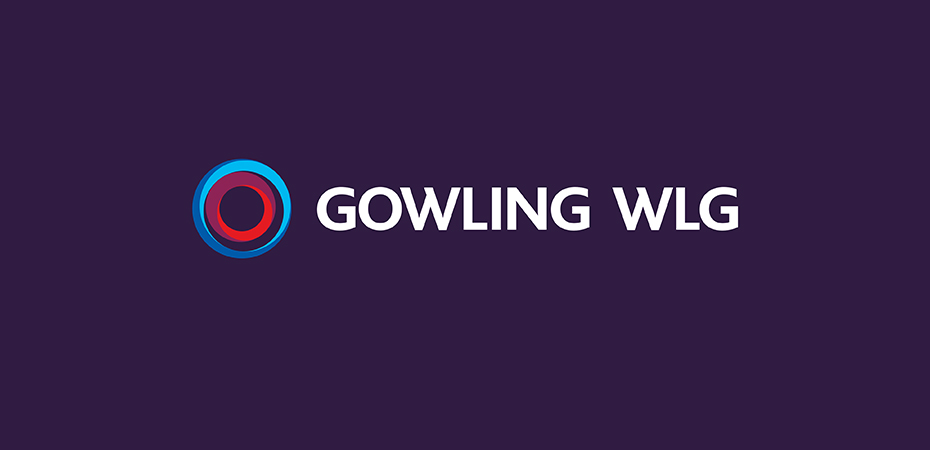
On September, 27, 2018, Bill-36 (the Cannabis Statute Law Amendment Act, 2018) was introduced by the Ontario government. If passed, it will, inter alia, enact the Cannabis License Act, 2018, and amend the Cannabis Act, 2017 as well as the Ontario Cannabis Retail Corporation Act, 2017. We anticipate that First Nations will generally view Bill-36 as a positive first step. Indeed, since the Federal government passed the Cannabis Act many First Nations have voiced legitimate concerns that the Crown should have acknowledged First Nations right to self-determination and jurisdiction over their reserves concerning cannabis.
When it becomes law, Bill-36 will introduce stricter controls to address the regulation, sale and distribution of cannabis on-reserve. First Nation Councils will have the ability to limit the availability of cannabis and maintain "dry" reserves. First Nations, by way of band council resolution ("BCR"), will be able to request the Registrar of the Alcohol and Gaming Commission of Ontario ("AGCO") not to issue cannabis retail store authorizations within their communities. The AGCO will be obligated to comply with such a request along with any future Council amendments or rescindments. There is one exception though, if an authorization is issued prior to the date of the BCR, then the cannabis retail store authorization shall remain valid. In other words, a Council will not have the ability to revoke one's license to operate on-reserve per se but any renewal authorizations for such a store would not be issued. Those First Nations that prohibit cannabis retail stores on-reserve will be published on the AGCO website.
That said, assuming a First Nation does not want to prevent cannabis retail stores from operating on-reserve, then those individuals seeking AGCO authorization will still be required to follow the same application process as those off-reserve. However, the AGCO will also require a BCR approving the location of the proposed store prior to issuing an authorization.
Finally, Bill-36 also notes that the Ontario governmentmay enter agreements with First Nations regarding the:
- regulation of cannabis retail stores on-reserve;
- licensing of persons to operate a cannabis retail store on-reserve; and/or,
- enforcement of the proposed Bill-36 and its regulations on-reserve.
The rather open-ended language allows each First Nation, at least in Ontario, to potentially address issues that are of concern to their community in a manner that aligns with their distinctive customs, spirituality, traditions, procedures and practices.
Although the proposed provisions of Bill-36 do not amount to the level of self-determination and jurisdiction sought by many First Nations, it does provide a great deal of discretion to deal with and address the regulation of cannabis on-reserve in Ontario, now and potentially in the future.
This article was co-authored by Bryinne McCoy, an Associate at Gowling WLG's Ottawa office.